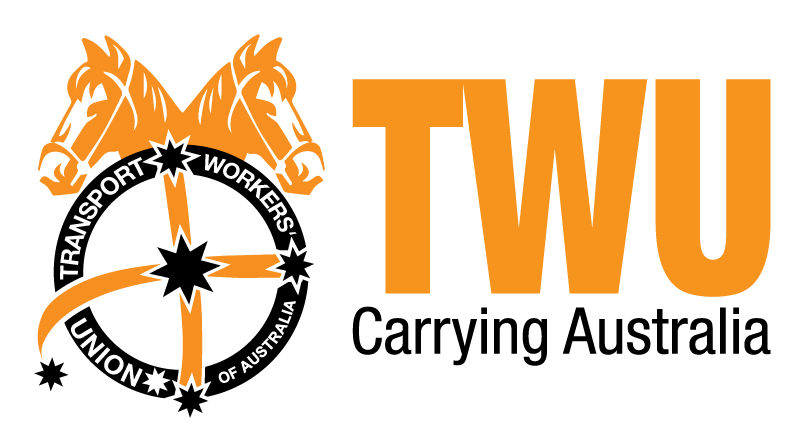Westpac is urging consumers to stay alert to scammers and check in on vulnerable friends and family members, following a spike in scams targeting Australians since the start of the COVID-19 pandemic.
The warning coincides with the release of the latest ACCC Targeting Scams Report, which found that Australians reported more than 353,000 scams with a loss of over $634 million in 2019.
“Scams continue to have a significant financial and emotional impact on hundreds of thousands of Australians each year,” Ben Young, Westpac Head of Fraud, said.
“While our data shows that scam losses were down last year due to advancements in scam prevention and detection, we have seen a notable rise in reported scams during the first few months of the COVID-19 pandemic.
“Social isolation plays a huge part in people being more vulnerable to scams, because there are fewer interactions where we can test our judgement or ask for a second opinion if something doesn’t seem right.
“With social restrictions easing, now is a good time for Australians to talk to friends or family members who may be more vulnerable about the importance of scam awareness and take steps to help protect them,” Mr Young said.
Westpac data shows that the most common scams include:
- Remote access scams: phone, text, or email scams where the scammer pretends to be a familiar business (e.g. telco brand) to trick people into gaining access to their computer to steal money or personal information. These scams now account for one in every two scams impacting customers.
- Business e-mail compromise scams: online scams where the scammer impersonates a business representative to trick an employee, customer, or vendor into paying a legitimate invoice but to an incorrect account.
- Dating and romance scams: scammers pretend to be a prospective companion for people looking for romantic partners, convincing them to provide money, gifts, or personal information.
- Investment scams: these scams convince people to hand over their money for share portfolio, mortgage, real estate, or foreign currency trading schemes, with the promise of high and quick returns.
The latest ACCC Targeting Scams Report found that the major banks, including Westpac, were able to prevent or recover nearly $230 million from being sent to scammers during 2019.
“Scammers are becoming more sophisticated and creative in using the latest trends and technologies to trick consumers into handing over their money and personal information,” Mr Young said.
“But there is a huge collective effort happening across the public and private sector to share information and insights to help protect consumers, as well as bolster scam awareness and prevention.
“Over the past 12 months Westpac has hosted scam awareness seminars in communities across Australia and distributed more than 8,000 copies of the ACCC Little Black Book of Scams to help educate consumers.
“We’ve also rolled out tailored training across our branch network and created a full-time Scam Assist team to support our scam detection and prevention efforts,” he said.
Westpac has introduced a new Instant Digital Card option to make online payments more secure and convenient for eligible customers through providing a digital version of their credit or debit card via the Westpac Live mobile banking app.
The card uses a Dynamic Card Verification Code (CVC) instead of the traditional static CVC on the back of the card, which generates a new three-digit code every 24 hours, helping improve security and reduce fraud.
Westpac regularly posts information on the latest scams and how to avoid them via westpac.com.au/scams. Westpac customers can contact 132








